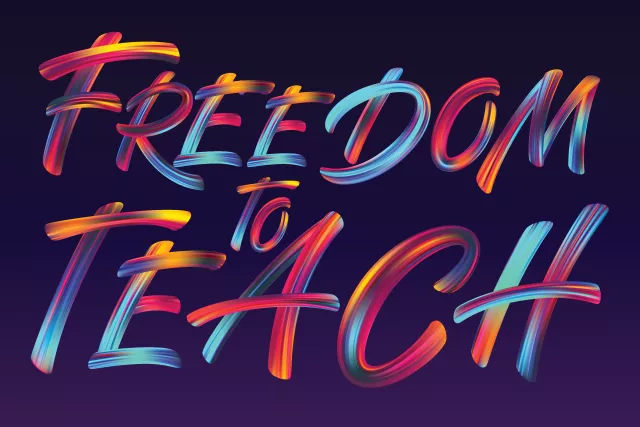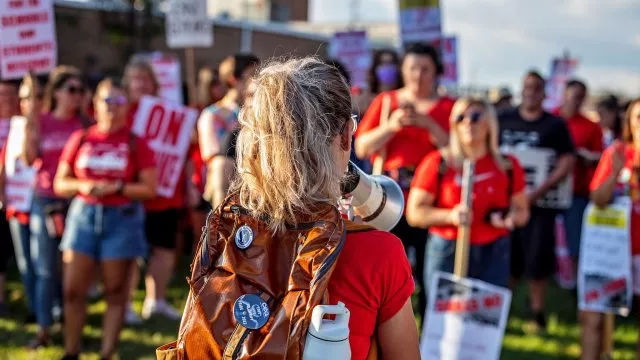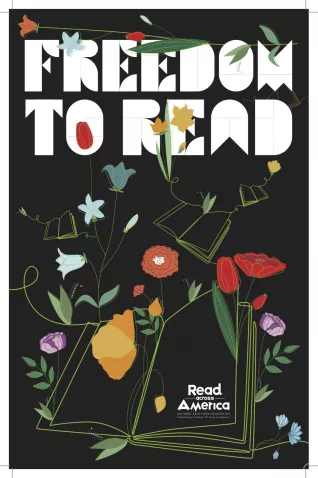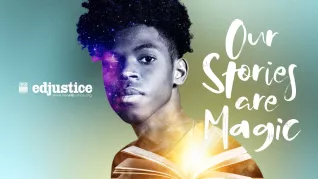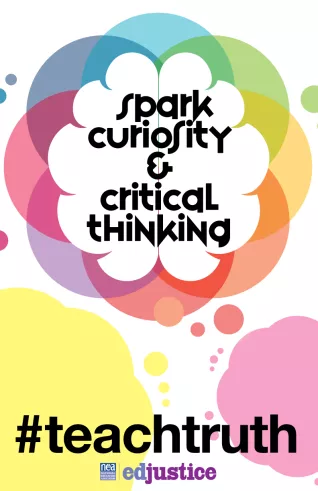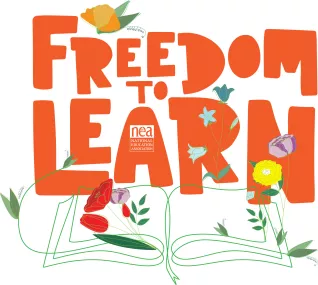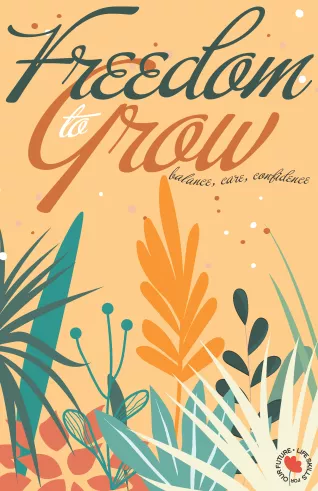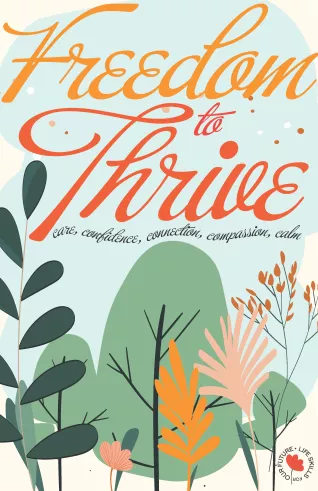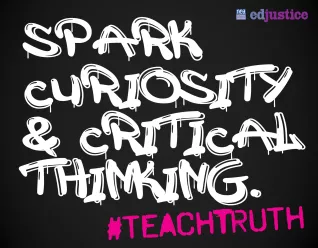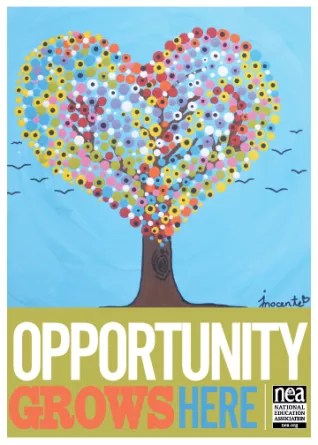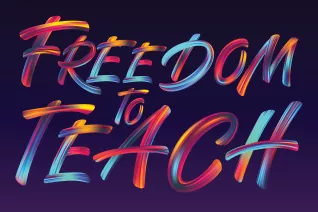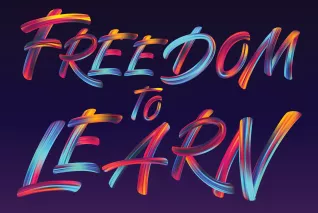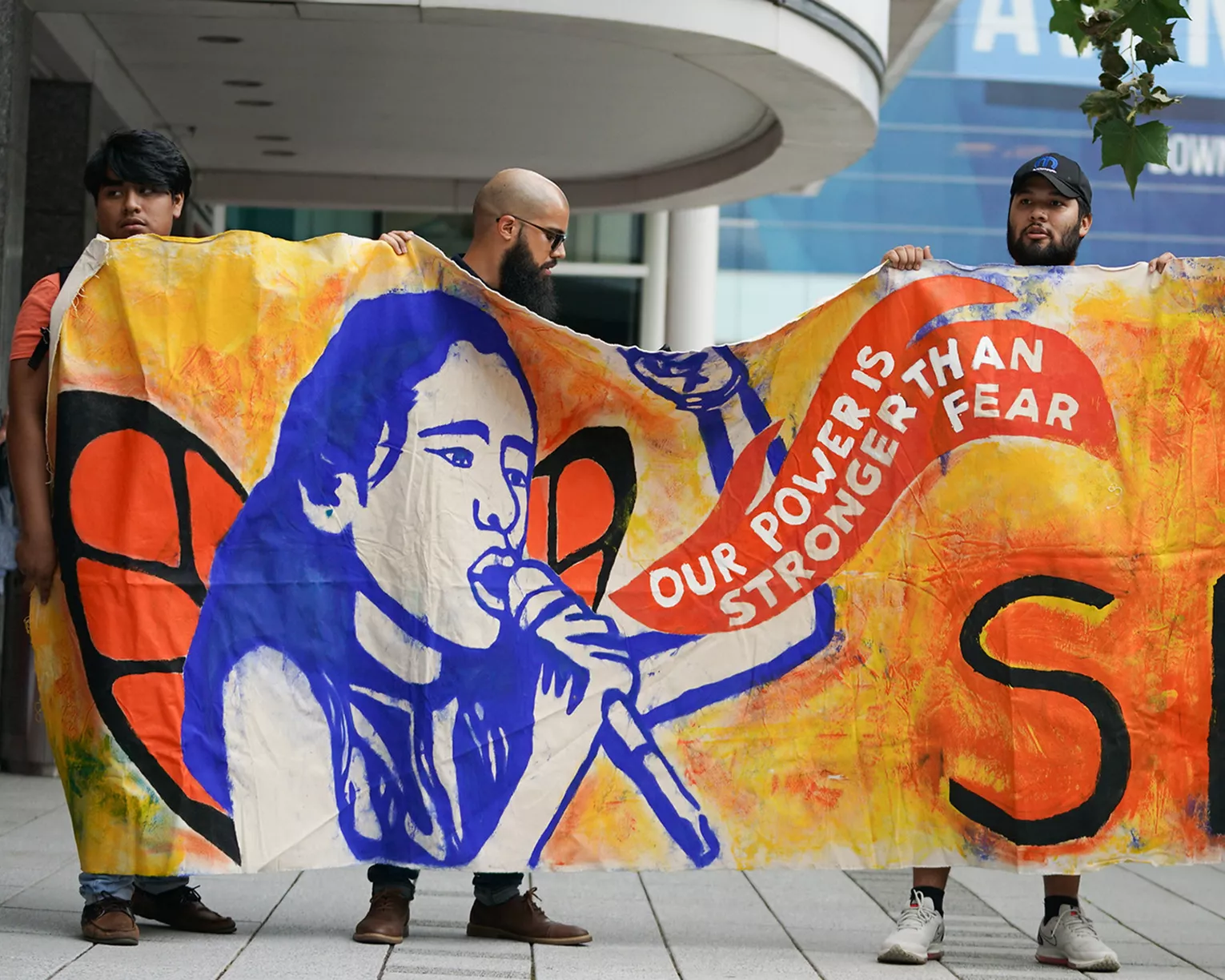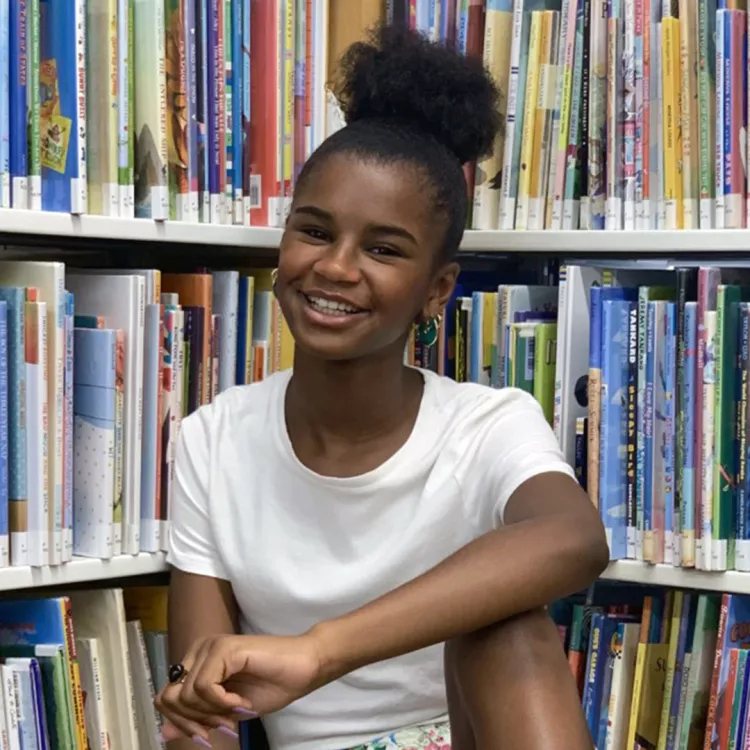Model School Board Resolution Template
- Fill in the {district- and state-specific} fields in the template below. The resolution should name your District and identify the state board and curriculum standards.
- Identify relevant anti-discrimination, anti-harassment, and anti-bullying policies that might already exist in your District; this resolution can lift them up.
- Include district, state or even national demographic data to reinforce the urgency of inclusive, culturally-responsive curricula and teaching in our schools.
- Take what you need from this model, and add what is missing: This resolution should address the customized needs and capabilities of your district.
- Consider alternative phrasing: Certain words or phrases in the model language can be modified to help support your message.
WHEREAS, {DISTRICT} values nurturing learning and teaching environments; supports and respects educators as trained professionals; and is committed to ensuring that all students can thrive regardless of their ZIP Code, color or background;
WHEREAS, {DISTRICT} supports education that values honesty about who we are; integrity in how we treat others; and courage to do what’s right by listening to, learning from, and respecting diverse viewpoints;
WHEREAS, {DISTRICT} values our educators, who through pedagogically sound, age appropriate curricula and teaching standards help students understand our collective past, spark curiosity and critical thinking, and prepare all students to meet the challenges of our multicultural present and future {INSERT local demographic data here as needed};
WHEREAS, the {STATE DEPARTMENT OF EDUCATION} outlines curriculum and teaching standards that deliver high-quality curricula that teach the full sweep of U.S. history, and equip teachers and students to develop their understanding of the world and their ability to make meaningful change in it;
WHEREAS, many communities across the country have faced misguided attacks on the instruction occurring in schools, when they are simply teaching the full truth of our country’s history in accordance with district and state curriculum standards through research-tested pedagogical approaches;
WHEREAS, studies show that students enrolled in Black and ethnic studies courses that include the experiences and narratives of Black, Indigenous and other People of Color (BIPOC) and LGBTQ people, honor their cultural assets, and provide students with tools to critique inequality develop strong relationships with teachers and gain benefits in terms of school engagement and persistence in academic attainment;
WHEREAS, a diverse faculty and staff reflective of the demographics of the community, country and world, provides significant value to Black, Indigenous and other People of Color (BIPOC) students, white students, educators, school staff, and administrators;
WHEREAS, continuing professional development and guidance for educators that is culturally responsive, anti-bias, anti-racist and includes historically excluded perspectives enables educators to foster safe school spaces and promotes academic attainment for students;
WHEREAS {DISTRICT} will center educational equity, by building a shared understanding of U.S. history and actively engaging students, educators and families, thereby ensuring that all students have what they need to thrive and succeed academically;
THEREFORE, BE IT RESOLVED on this {date} day of {month, year}, by the Board of {DISTRICT}, that the District stands steadfast in its commitment to foster an inclusive, culturally responsive educational environment where every student, educator, and community member is treated with dignity and respect, and condemns racism, sexism, and all forms of bigotry in our schools and community;
BE IT FURTHER RESOLVED, that {DISTRICT} stands behind its curricular materials, which meet {STATE Academic Standards}, and that the District further shall: 1) Stand by the right of our students to learn — and our expert educators to teach — an inclusive curriculum that covers our country’s whole history and encourages students to think critically and develop their own views and voice about current events; 2) Support culturally-responsive education that centers students’ diverse history, cultures, families, and communities, thereby allowing students to see themselves reflected in the classroom, have strong relationships with their educators, and understand the world in which they live; 3) Support the study of the social, political, economic and historical perspectives of our nation’s diverse racial and ethnic groups, which helps foster cross-cultural understanding among all students, and aids students in valuing their own cultural identity while appreciating the differences around them; 4) In partnership with educators, students, and the community, review the District’s current curriculum in order to ensure it reflects a true history of this nation and the world we live in, and works to dismantle systemic racism and racial inequity in our schools; 5) Move forward with creating and implementing Black Studies and Ethnic Studies courses in all high schools;
BE IT FURTHER RESOLVED, that {DISTRICT} stands behind educators who teach District curricula and {STATE academic standards} in a truthful way that represents the full scope of this country’s history and present reality, and that the District further shall: 1) Support and defend educators’ use of teaching materials that incorporate diverse perspectives and that represent and acknowledge the experiences of all students; 2) Ensure that individual educators who teach {STATE academic standards} are not punished for teaching accurate information; 3) Honor the training, expertise and professional judgment of its educators, and respect pedagogical approaches that engage students around difficult questions in an inclusive, critical, and age-appropriate way; 4) Commit to dedicating time in schools for ongoing professional development, culturally responsive training, book studies, celebrations of diversity that center people of color, critical conversations among staff and with students, and establishing community partnerships to support this work; 5) Put in place practices that will lead to a more diverse workforce, consistent with the District’s commitment to a diverse faculty and staff that reflects the demographics of the community, country and world, and thereby provides significant value to students of color, white students, and all in our community;
BE IT FURTHER RESOLVED that {DISTRICT} commits to educational equity, and that the District further shall: 1) Reject the idea that educational equity is a zero-sum proposition in which some students lose opportunities to help other students succeed, and instead, work to provide all students with a world-class education; 2) Ensure safe, welcoming, and effective schools, in which every student — regardless of their race, gender, zip code, language, country of origin, religion, sexual identity or orientation, ability or disability, or family’s income — has a chance at academic success; 3) Ensure learning environments are free from discrimination, harassment and identity based bullying, consistent with {insert relevant, existing District policies}; 4) Support, review, and revise the District’s policies, programs, educational materials, teaching approaches, and resources to ensure educational equity; 5) Review and assess the District’s discipline practices to determine if there is evidence of racial bias in discipline enforcement; and 6) Work to meet students where they are — academically, emotionally, and physically — and implement trauma-informed disciplinary practices in schools, particularly in communities in which students’ families have been disproportionally impacted by the COVID-19 pandemic due to health disparities.
ADOPTED this {date} day of {month}, {year}
Download the Model School Board Resolution Template as a word document
Download as pdf
